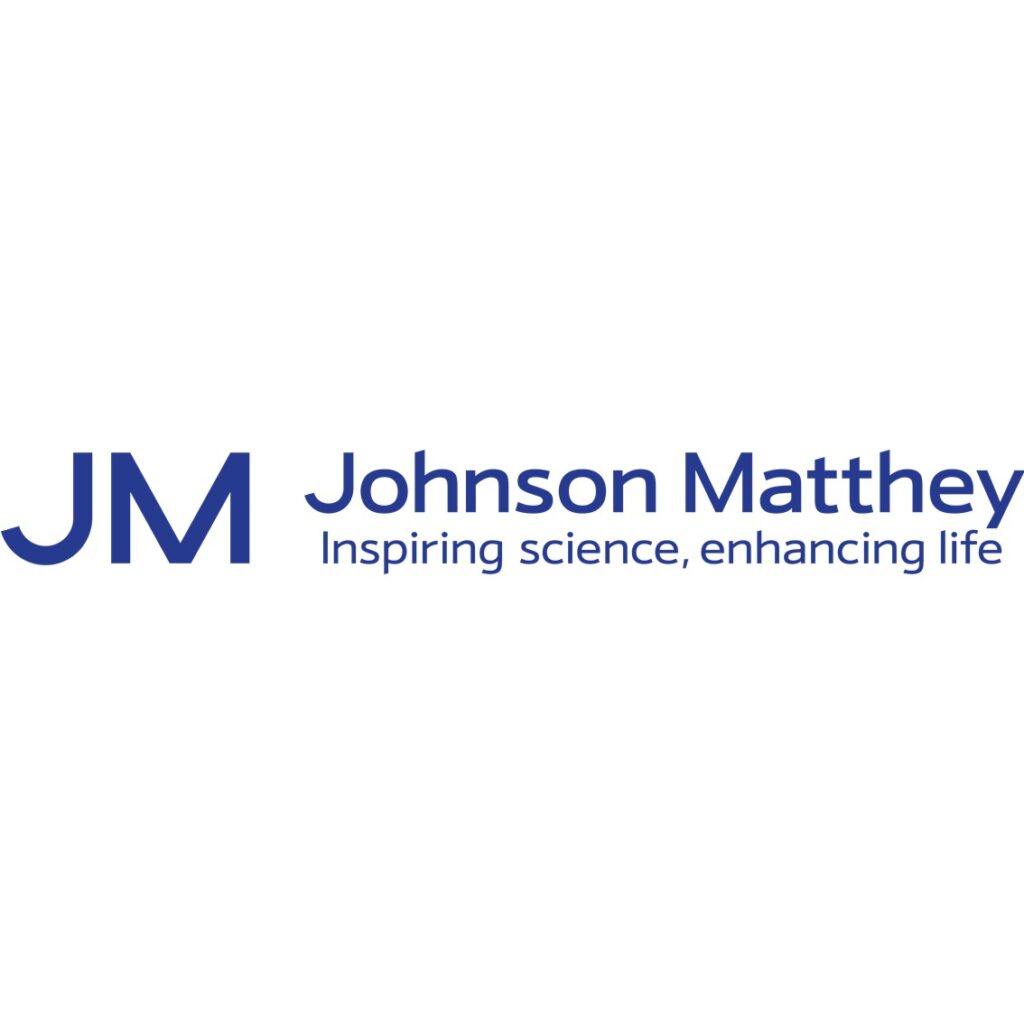The company’s decades of experience in hydrogen cuts across numerous parts of the hydrogen value chain, including market leading hydrogen production catalysts and processes, high-performance components for hydrogen fuel cells and electrolysers, and new technologies for low carbon hydrogen production, including CCS-enabled routes for both retrofit and new-build plants. JM also provides a suite of catalysts and process technologies to support the transformation of hydrogen into sustainable fuels and chemicals.
Johnson Matthey produces catalyst coated membranes at Swindon for hydrogen fuel cell electric vehicles and proton exchange membrane (PEM) electrolysers. Recently JM announced that it is investing £80 million in a new manufacturing facility at Royston (due to start up in H1, 2024). This facility will be capable of producing 3GW of PEM fuel cell components annually supporting increasing global demand from its customers.
Other recent announcements include:
Johnson Matthey’s LCHTM technology has also been selected for the HyNet project to deliver hydrogen in the North West of England.
Its Fischer Tropsch (FT) CANSTM technology, co-developed with bp, and HyCOgenTM technology has been selected for use by Aramco and Repsol at a new synthetic fuels plant in Bilbao, Spain. The new plant is due to be commissioned in 2024 and has a starting capacity of more than 2,100 tonnes per year.
In August 2022, it was announced that Sinopec Capital and Johnson Matthey China would start exploring joint possibilities across electrolytic and CCS-enabled hydrogen, fuel cells, decarbonisation technologies and circular economy business in China.
